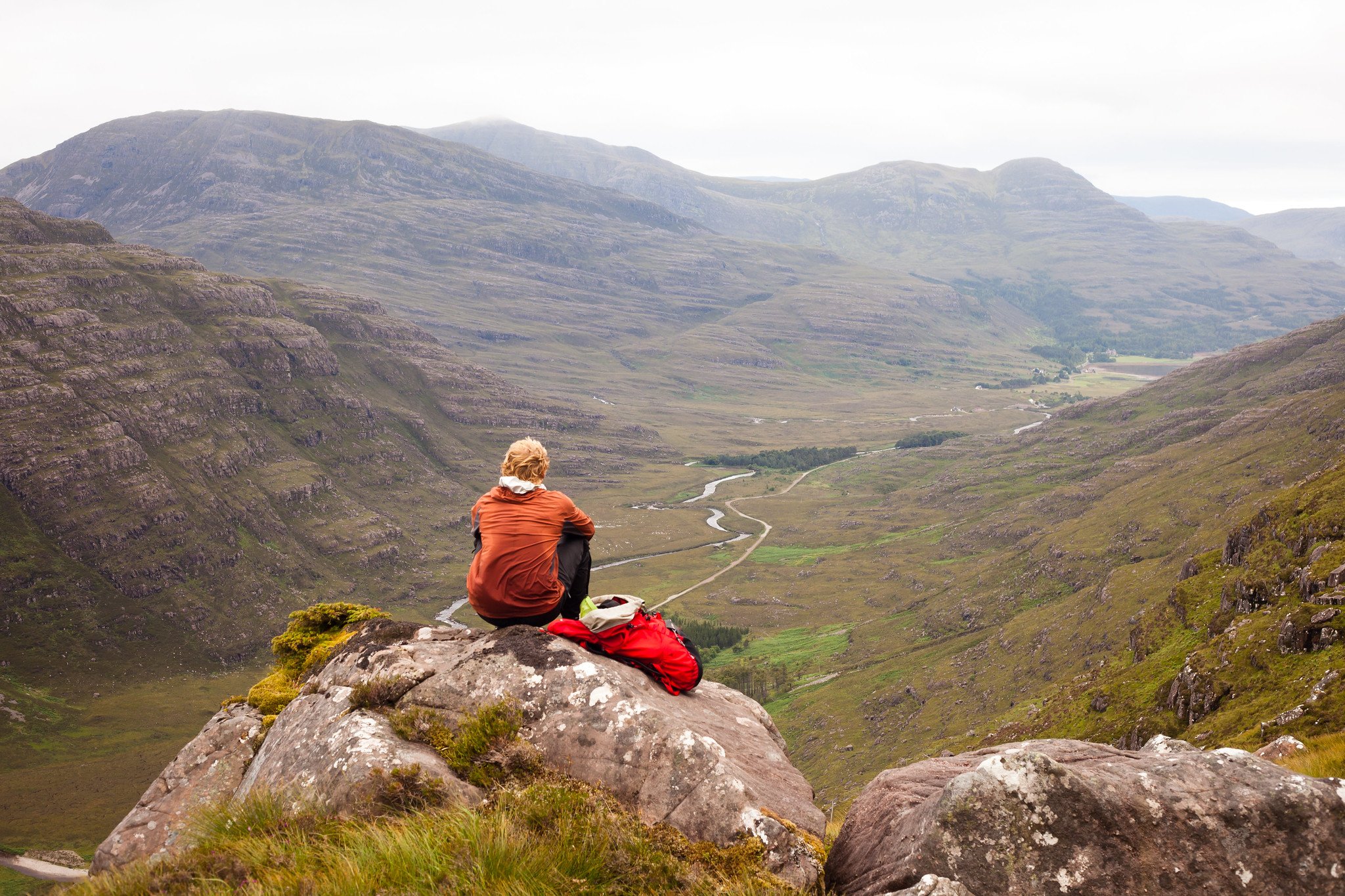
“How would I define adventure today? I think adventure is… I think there has to be an element of newness in it – not in terms of being the first person to do it, but in terms of being the first time you’ve done something. I think it has to be in some ways difficult and daunting… and take you to places that you haven’t been, either physically or inside your head.”
Adventure is pretty ineffable. It’s a slippery slidey word that means something very specific to one person and something completely different to the next. Best friends can be brought to bitter disagreement over it. Finding a definition everyone agrees with is like trying to resolve whether Jack could have shared that floating door with Rose in Titanic, or whether that spinning top did actually fall over at the end of Inception. Woe and betide the person who introduces the word ‘proper’ into the argument.
Alastair Humphreys is the kind of person you’d expect to have a good grasp of what adventure really is, if anyone does. After all he has been on many. He has walked across countries, rowed across the Atlantic and cycled around the world – to name only a few. Yet alongside this somewhat grandiose adventure CV, he is also the proud pioneer of microadventures: adventures so tiny you could fit them into a weeknight. With such a wide variety of adventure experiences, surely he’s the man to help us pin down adventure and get it to explain itself.
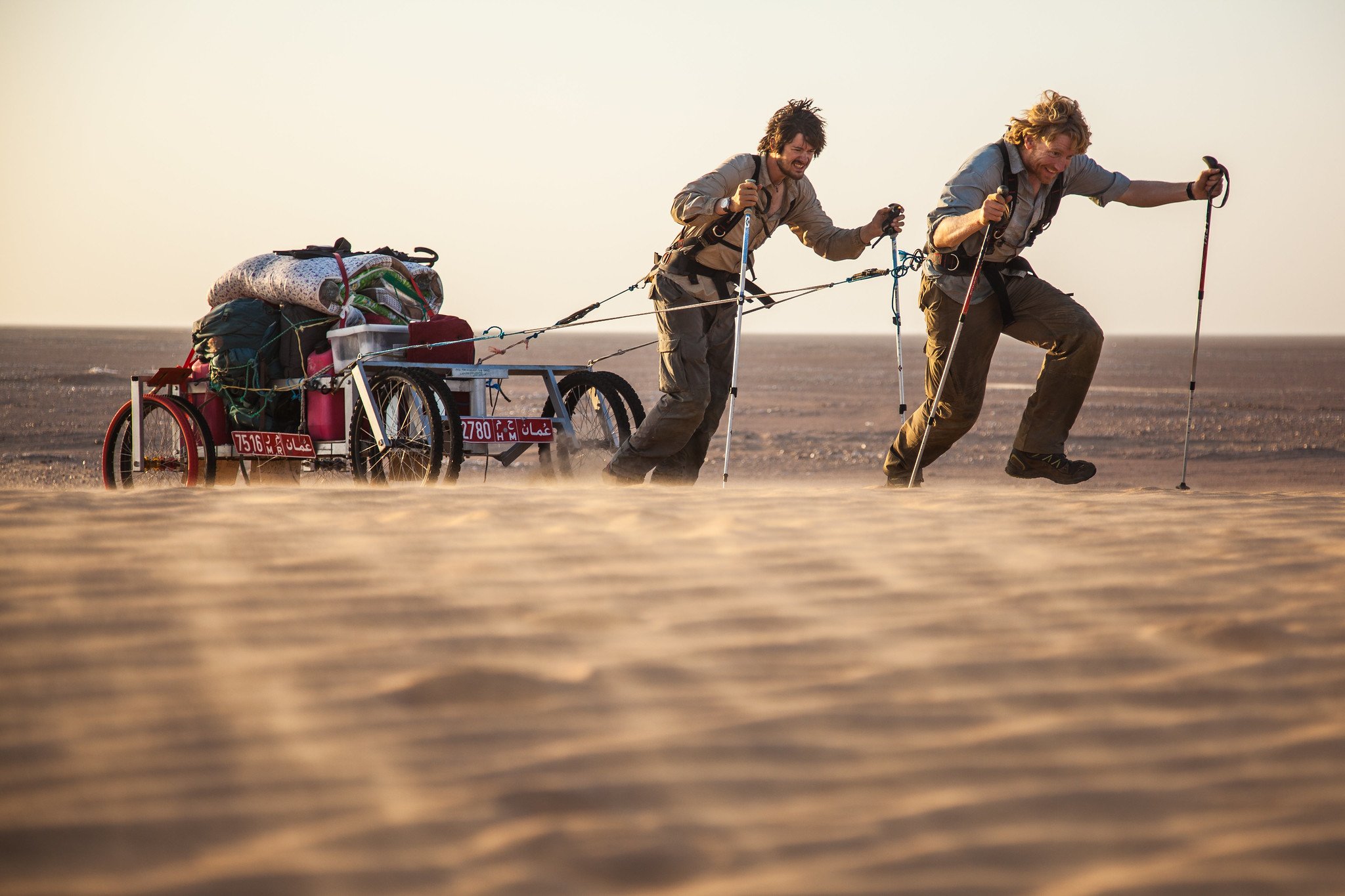
Although he isn’t keen on a precise definition, Alastair is very aware that adventure means something different each individual. “Every so often, probably about every six months, when I’m feeling slightly mischievous or provocative, I put on Twitter something like ‘What’s the difference between an adventure and an expedition?’ I do this because I like to gauge people’s replies. Some people have quite strict rules, whereas other people get cross at me for asking, saying ‘There are no rules!’ I really enjoy seeing how different people perceive it.”
Ultimately it seems that there isn’t – and indeed shouldn’t be – one definitive answer.
“I think everyone should have their own definition and to hell with what everyone else thinks about it really.” Because what feels like an extreme adventure to one person could feel like nothing special to someone else. For example, if you’re a mountain guide, you probably aren’t having an adventure whilst leading your group. Hopefully the group are having a pretty epic time, but if the guide’s out on the edge of their comfort zone too, then that might be a bit scary.
“I think everyone should have their own definition and to hell with what everyone else thinks about it really.”
For Alastair, his own definition of adventure has changed very much over the years. He went into the adventure world with a very fixed idea of who adventurers were and what they did: “Ranulph Fiennes, Ernest Shackleton and Dervla Murphy – hardcore tough epic people”. But the more adventures he did and the more of the world he experienced, that perception started to shift. “There’s a guy [Matt Green] who’s walking every street of New York. He’s got a blog called I’m Just Walkin’ and I was thinking yesterday, that’s one of my favourite adventures of recent years.” It’s not a traditional human vs extreme environment challenge, nor is it exploring remote wilderness. But it’s certainly exploration and endurance at a level most people aren’t prepared to attempt. Matt Green started walking blocks on the last day of 2011.
“Now adventure is much more about exploration of curiosity [to me],” says Alastair, “and therefore wandering around every street in a city or going to sleep on a hill feel like valid adventure experiences.”
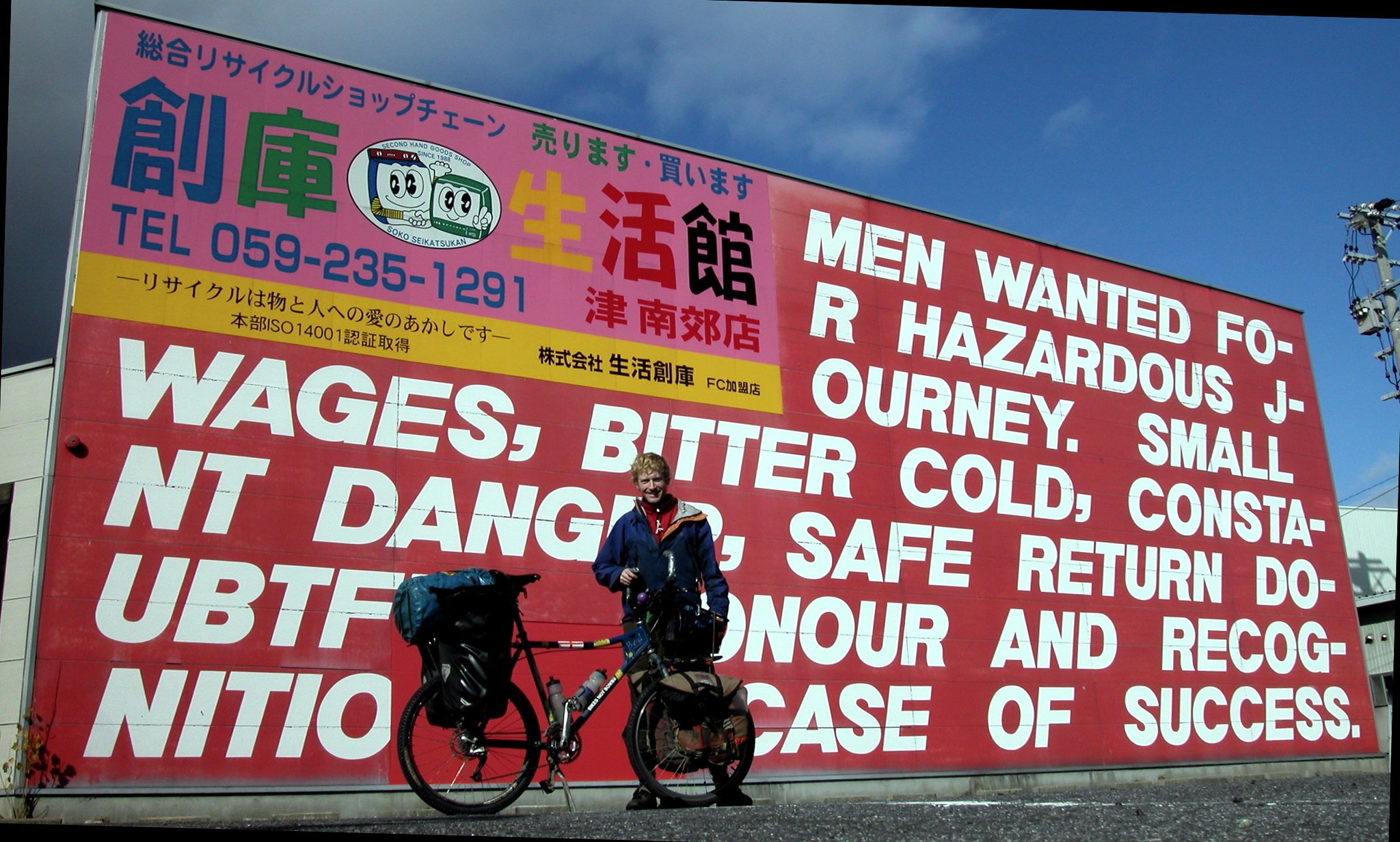
There is another factor that has shifted Alastair’s perspective on adventure. “I guess I have just changed – gone from being a youth to a middle-aged man.” Alastair started cycling around the world, his first big adventure, when he was 25 years old. Part of “being a young guy trying to prove how tough and manly I was” pervaded his concept of adventure. As time passed he “eventually got that out of my system” and now describes himself as “being a bit too lazy and wimpish to want to go on such a suffering experience. Now I’m much more drawn by the stillness and the beauty and the escapism of the natural world.”
In his recent book My Midsummer Morning, Alastair talks about his challenges and frustrations balancing a ‘normal’ life with a life of adventure. He started trying to squeeze adventure into the gaps and pauses of the rhythm of a regular adult life. So microadventures were born. He writes, “Microadventures helped restore my sanity, providing a dose of wilderness, offline stillness and physical toil, but still getting me back in time to do the school run.”
Little espresso shots of adventure can be just as valid an adventure experience as months or years on the road. Alastair relates how people often come up to him after his talks to tell him about their own adventure experiences. They may have been smaller than, say, spending four years on a bicycle, but they are just as good.
“But what they tell me is that cycling for a week or so is essentially exactly the same as cycling around the world, it’s just been extended lots of times.”
So what advice does Alastair have for people who are on the edge of an adventure? Someone who is looking dismally into a future of KPIs and meetings about meetings. The most exhilarating moment of their day is rearranging emails and adding coloured labels. Adventure seems like a lofty, faraway dream that other people do.
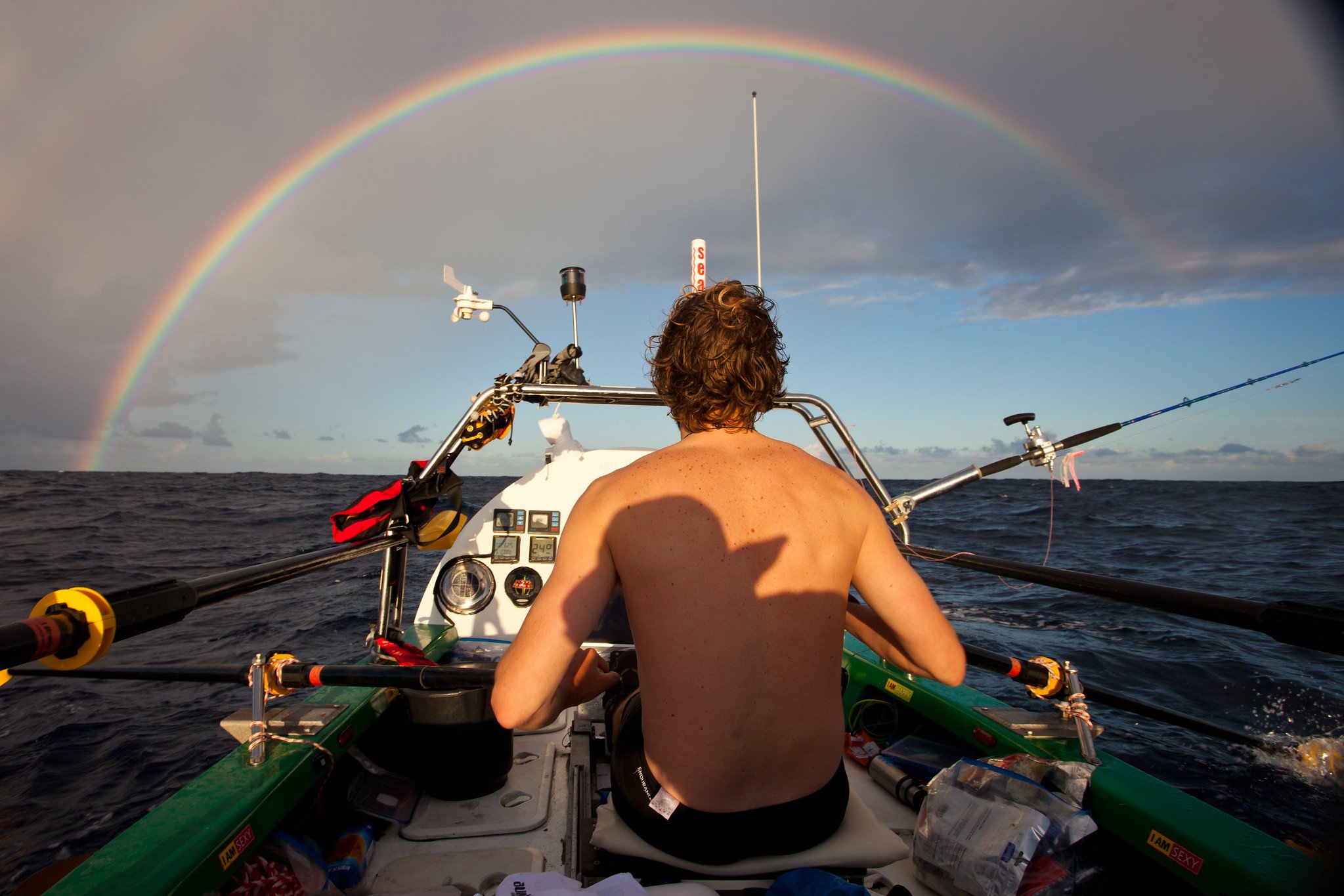
“Ask yourself: why do you have this yearning to live adventurously?” Alastair says, “Not thinking specifically, ‘Oh I’d like to go and hike this particular peak’ – think why? Why does this feel important to me? Because I think once you have an idea of why you want to do something, that’s often a deeper motivation to go make it happen.”
Once you’ve found that motivation, the next step is to think… small. Really small. “I think the important thing is to find the really smallest version of what it is that you want to do. So, for example, if you’re yearning to go and climb Ben Nevis, but you keep putting it off because that’s just really big and really hard and really high and you need to buy a £500 rain coat; I think a much better thing to do is to just go and climb your smallest local hill this weekend. Hopefully you’ll go up it, enjoy it and realise that – oh, it wasn’t that bad! Then you start to have some momentum… but making sure that you actually start is the really important thing.”
“Microadventures helped restore my sanity, providing a dose of wilderness, offline stillness and physical toil, but still getting me back in time to do the school run.”
Do that and then you’ve got the momentum going. One local hill can lead on to bigger hills – Ben Nevis or Everest, and everything in between. You decide. “That’s relevant to the outdoor world, because it shows you that it’s not so intimidating. It’s not an elite exclusive thing. Anyone can wander up a hill in pretty much whatever they’ve got and hopefully get the bug.”
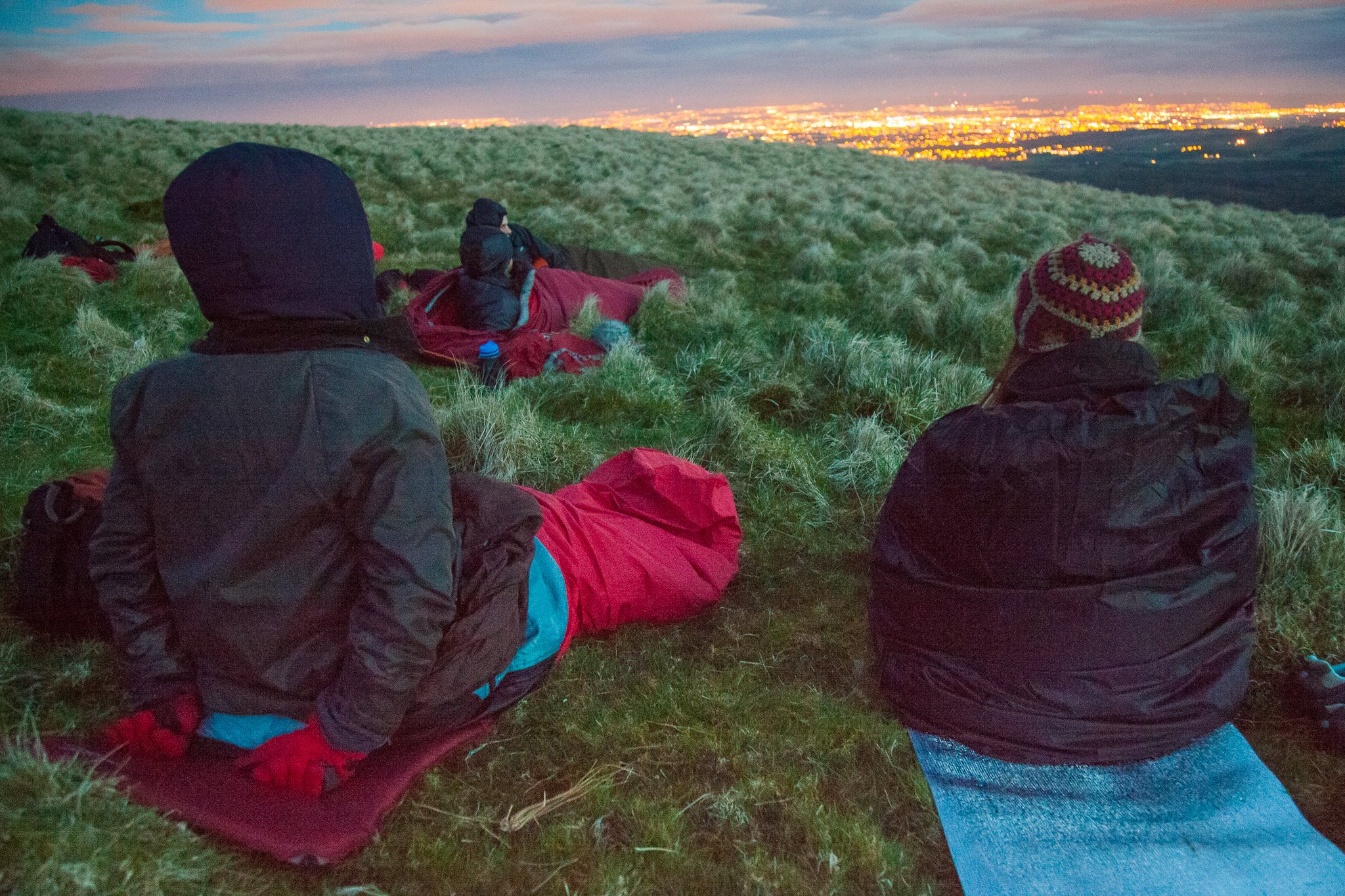
“Although,” I point out, “they might not call it an adventure. It might not be ‘proper’ enough.”
“Yes,” agrees Alastair, “exactly. I find that’s a really interesting thing: how much people compare what they do to other people. Often I do talks about cycling around the world for four years and people come up to me at the end to tell me about their bike experiences. They always always invariably begin with, ‘Oh it’s nothing compared to what you did, but…’ And then they tell me about their own cycling experiences which, yeah, they probably weren’t four years long because that’s just a bit stupid… But what they tell me is that cycling for a week or so is essentially exactly the same as cycling around the world, it’s just been extended lots of times. You still have the tiredness and the excitement and the elation of it, the memories and the camping stories – it’s exactly the same experience.”
Ready to start small and get the adventure momentum going? Our adventure holidays start from zero days off work. Look at all the adventures you can squeeze into a weekend.
Or, for adventure from the comfort of your armchair, you can read Alastair Humphreys’ adventure books and find more on his website at alastairhumphreys.com


